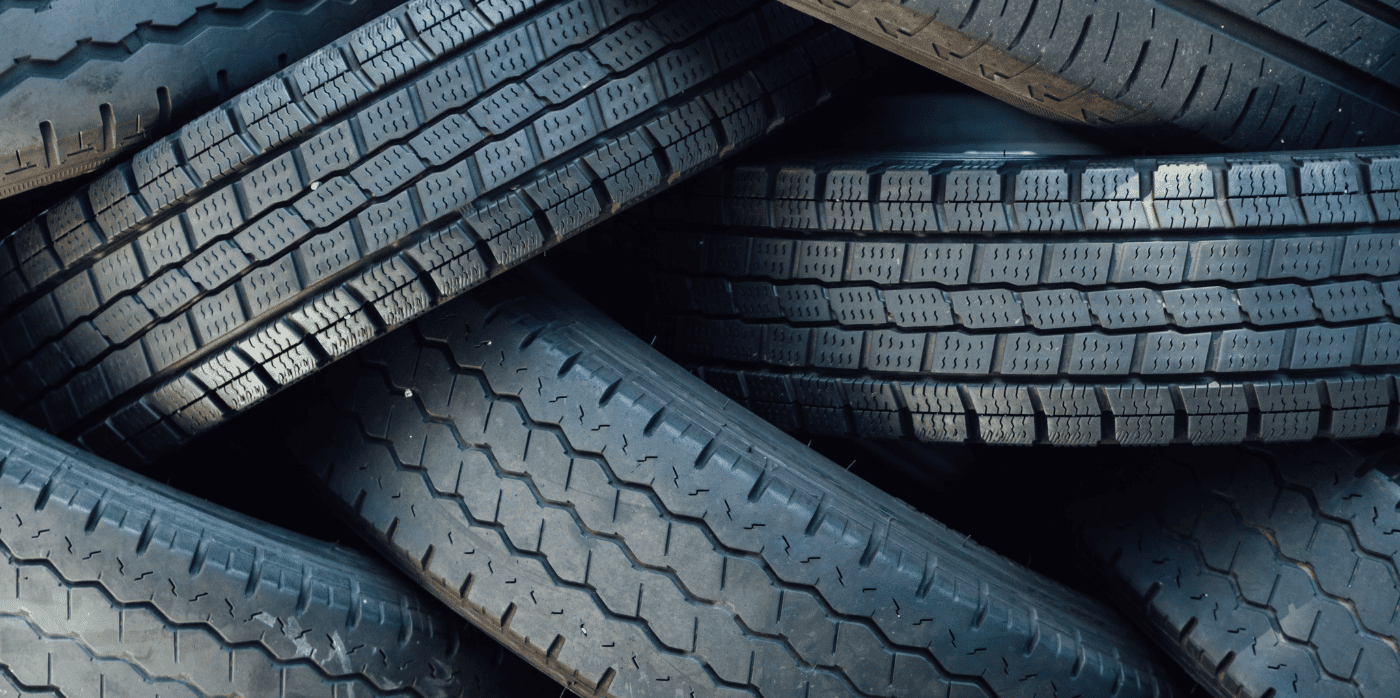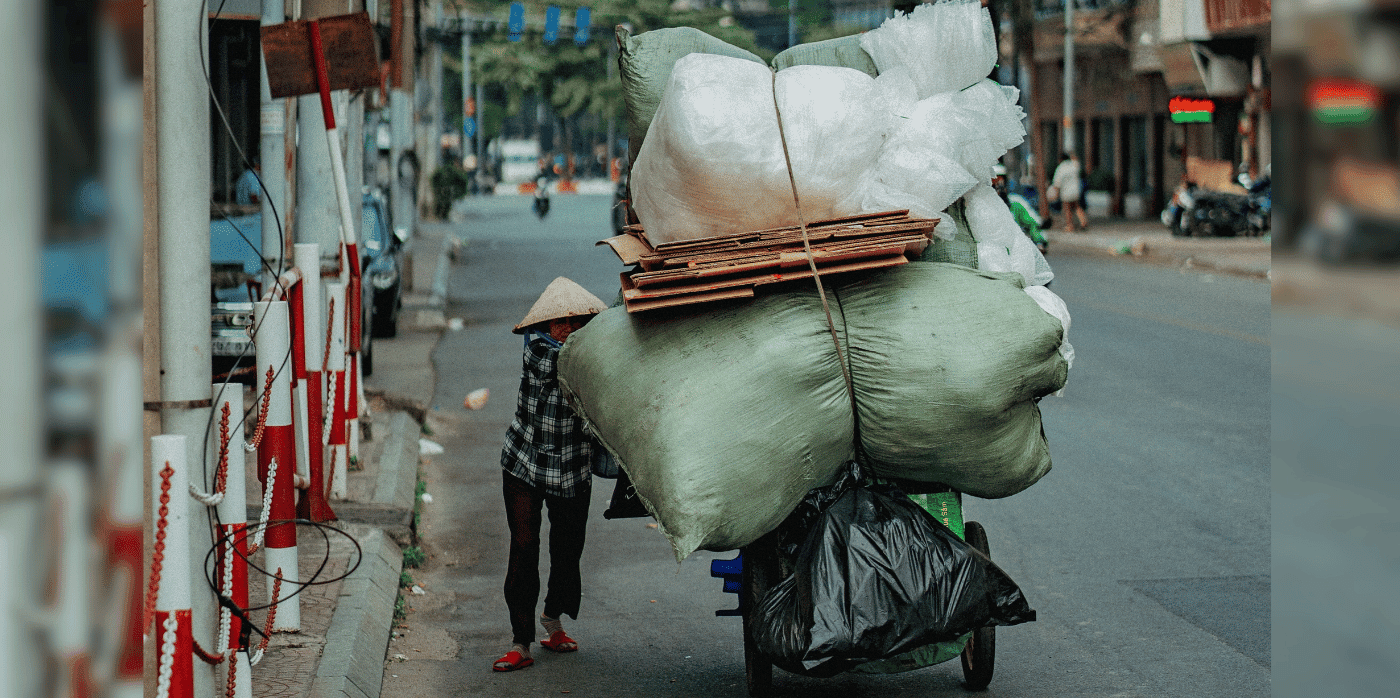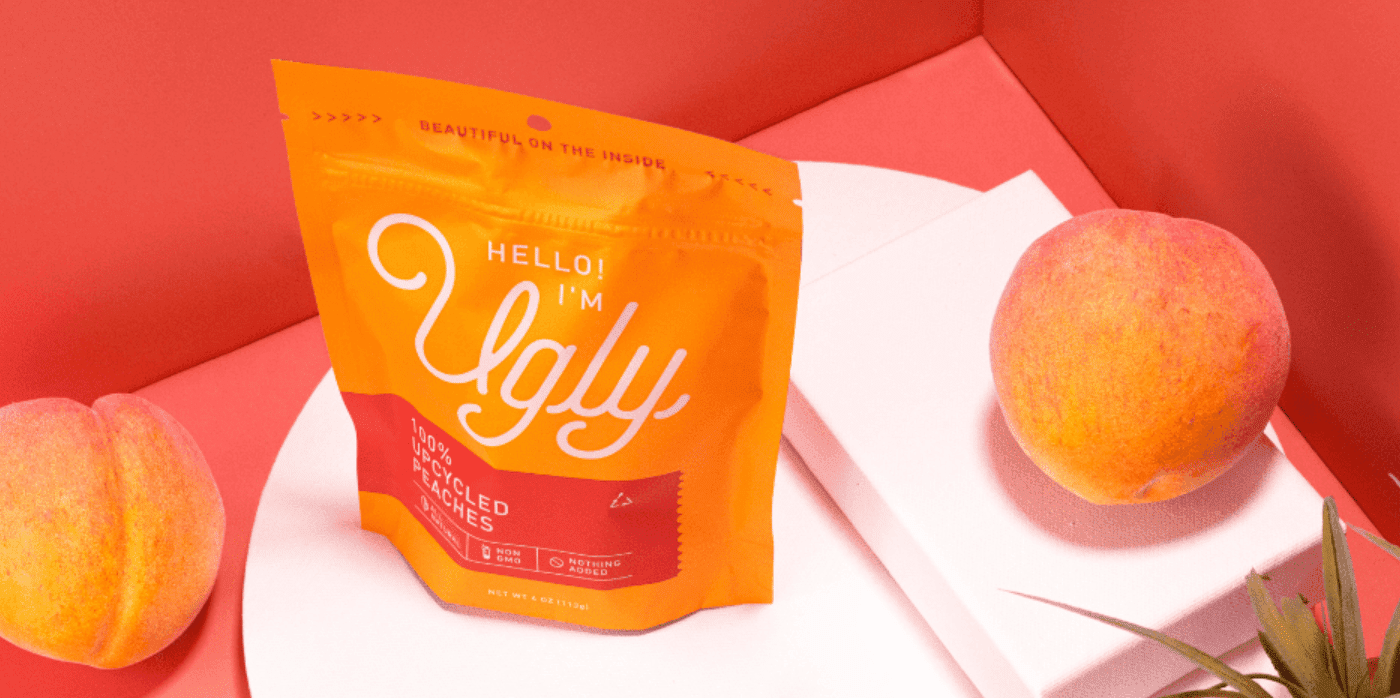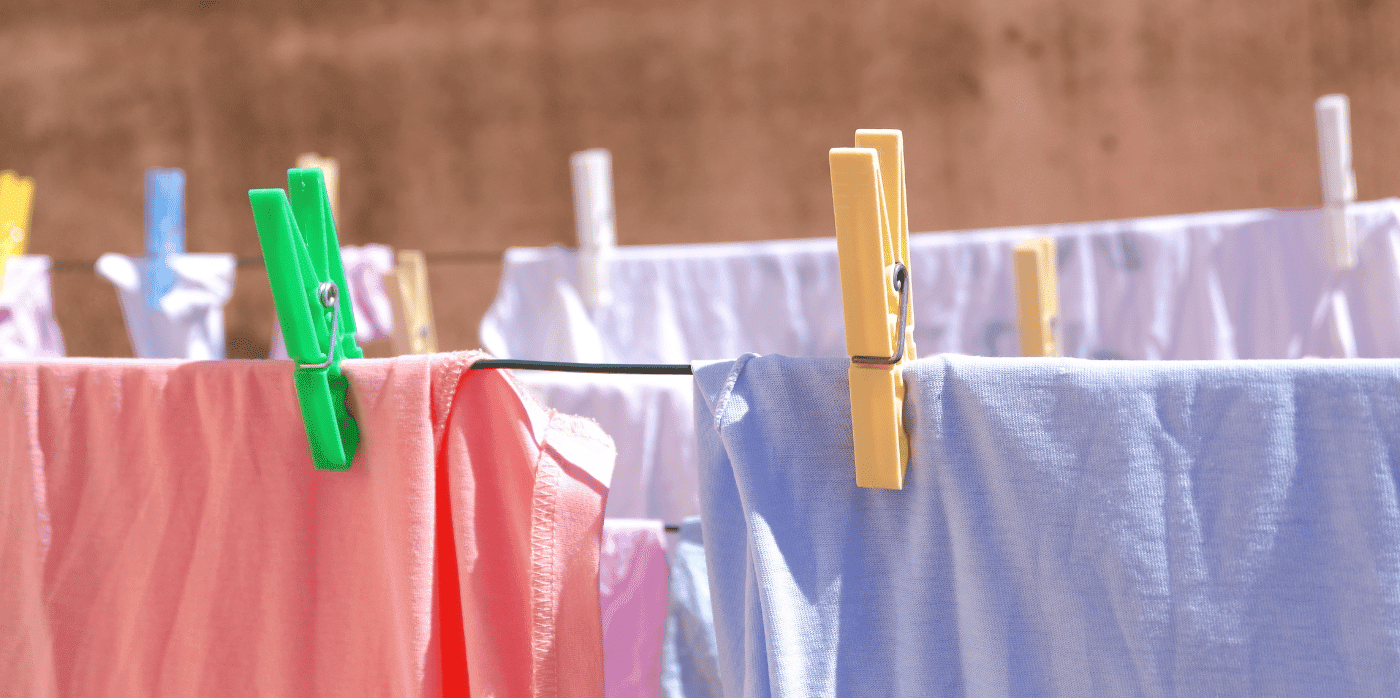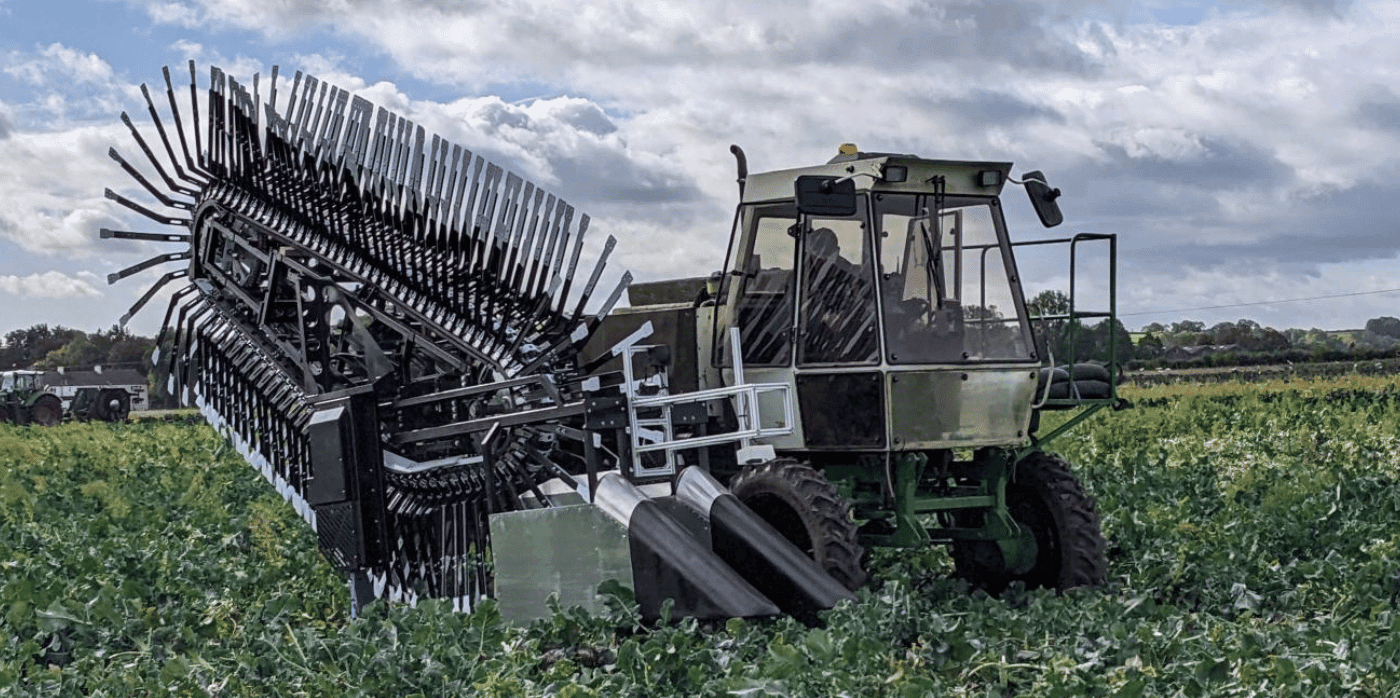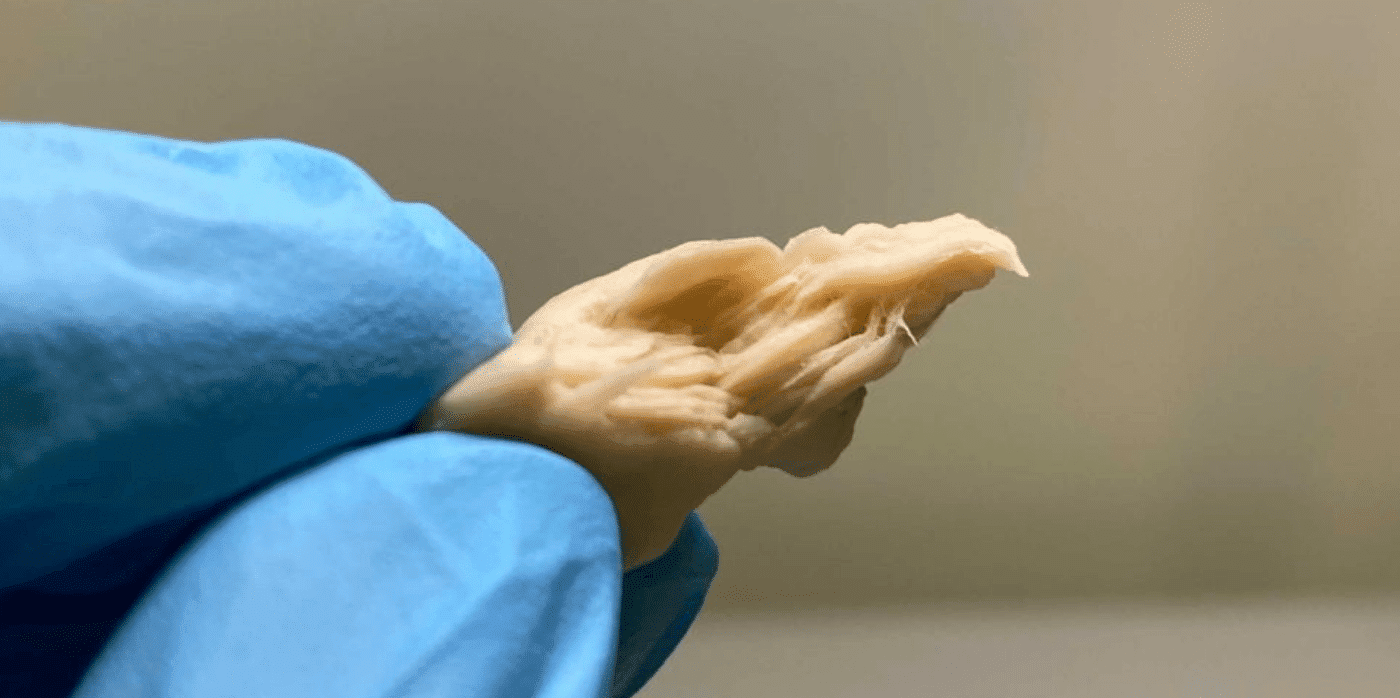Creating circular raw materials by upcycling tires

Spotted: According to a 2021 study, about 1.5 billion tyres end up as waste every year. But Polish company Contec has a better idea than letting tyres go to landfill, however, and is treating used tyres as a source of valuable raw materials.
Contec uses pyrolysis to break down the vulcanised rubber in the tyres. Pyrolysis is a thermochemical process in which the shredded tyres are heated to temperatures between 400-700 degrees Celsius in an oxygen-free atmosphere. This breaks down large, vulcanised rubber molecules into smaller compounds to produce soot, gas, oil, and other chemicals.
By adapting this process, Contec is able to recover rubber and steel for reuse in new tyres, oil for use in the chemical and refining industry, and carbon black, which is used as a pigment and a filler to the mechanical strength of rubber compounds used in tyre manufacture.
Although still in the early stages, Contec has developed its process to a commercial capacity. The company recently secured zł 70 million (around €15.6 million) in funding from investors HiTech ASI, Pruszyński Sp. z o.o. and Mariusz Machciński. The funding will be used to the processing capacity of their plant from 10,000 to 33,000 tonnes of used tyres a year.
Contec is not alone in the search for a more sustainable way to manufacture and recycle tyres. In the archive, Springwise has also spotted innovations such as a bio-based carbon black and tyres made from recycled plastic.
Written By: Lisa Magloff

